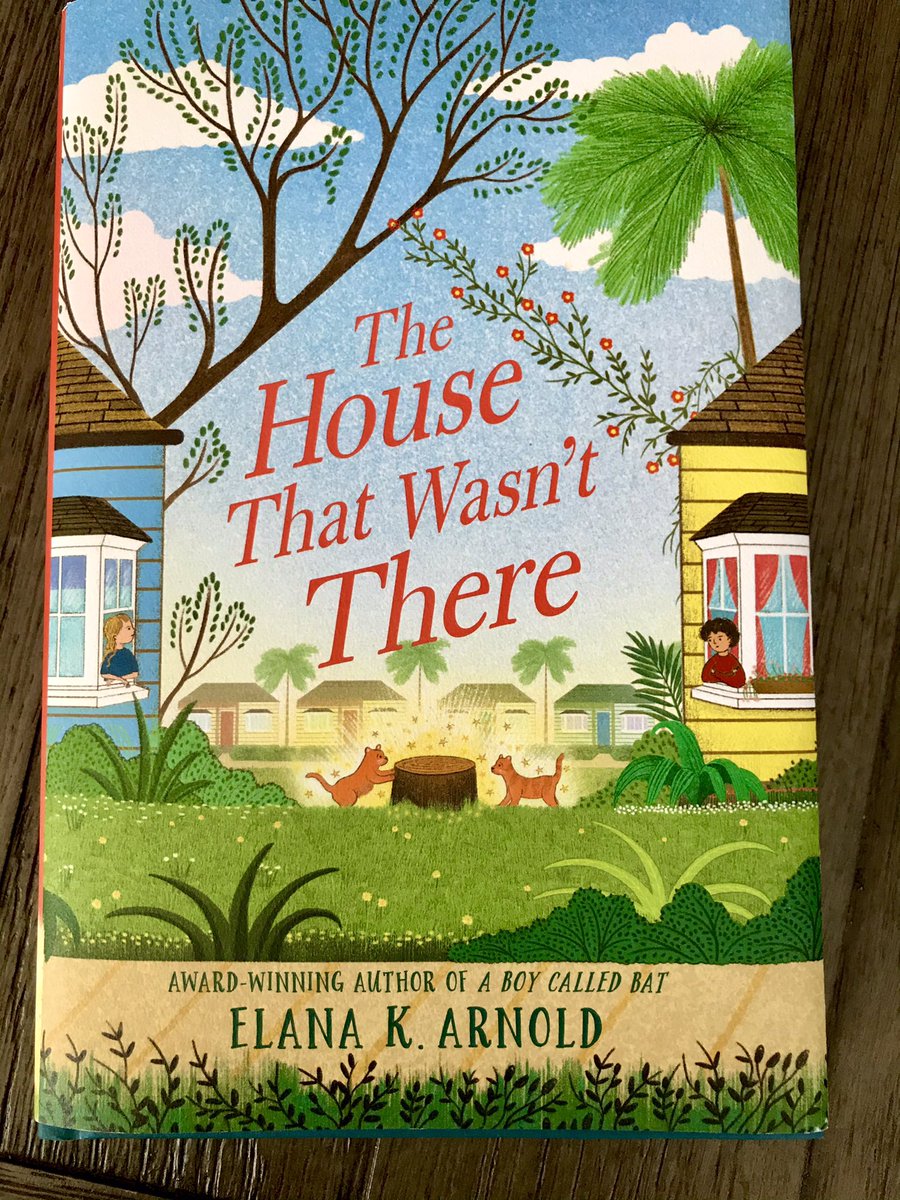



“I went to the woods because I wished to live deliberately, to front only the essential facts of life, and see if I could not learn what it had to teach, and not, when I came to die, discover that I had not lived.”
—Henry David Thoreau, Walden (1854)
Best known through Henry David Thoreau’s Walden, Walden Pond and the surrounding Walden Woods was a favorite destination for walks by local Concord Transcendentalists Thoreau and Ralph Waldo Emerson. Thoreau’s writings inspired respect for nature and even, some consider, the birth of the conservation movement. Today, Walden Pond comprises the heart of the Walden Pond State Reservation and is designated a National Historic Landmark, ensuring that visitors can enjoy the area as Thoreau once did.
Sometimes described as a “philosopher-naturalist,” Thoreau had both broad and deep interests in nature and his readings spanned wide-ranging subjects, including Eastern philosophy, Greek mythology, poetry, agriculture, and science. He recorded his observations about nature—both descriptive and philosophical—in journal entries that later became a source of material for lectures, essays, and books. Like his mentor Emerson, Thoreau looked to nature for a meaningful connection between the physical, symbolic, and spiritual worlds. In order to fully realize this connection, Thoreau decided to engage in an experiment. He would attempt to live closer to nature by moving into the woods owned by his friend Ralph Waldo Emerson—a natural setting that he loved and home of Walden Pond. There, Thoreau built a cabin near Walden Pond and moved in on July 4, 1845. He described his reflections and observations of his time at the pond in vivid detail in Walden (excerpted above), a work now considered an American classic for its profound insights into living more simply and in deeper communication with nature.
Thoreau’s descriptions of living by the shores of Walden Pond include many inspirational passages on his contact with nature. He also manifested the same curiosity about former human inhabitants of the area, including American Indians, freed slaves, and Irish railroad workers. Despite his wish to live in nature, Thoreau’s sojourn at Walden was not exactly a wilderness experience. He resided a mile and a half from town center, often walking there along the Fitchburg railroad line that followed the edge of the pond. He also farmed land at Walden, creating the famous bean field, a surprisingly large 2-1/2 acre plot of land. He framed his experiment at Walden as a grand hero’s adventure. Historian Frederick Jackson Turner wrote that Thoreau wanted to make a myth for his own time—and succeeded. He saw nature as the “tonic of wildness,” an antidote to the stresses of society and advancing urbanization and industrialization.
After his two years living in Walden Woods, Thoreau spent another seven years refining his ideas in several drafts of the manuscript that would become Walden. While Walden was not highly popular in Thoreau’s own lifetime, it slowly and steadily gained a following afterwards, informing the work of conservationists like John Muir and Rachel Carson. The popularity of Walden ensured the enduring status and renown of Walden Pond, a body of water that Thoreau described as a “lower heaven.” In 1922, the Emerson family, who still owned the land surrounding the pond, granted the area to the Commonwealth of Massachusetts with the stipulation of 'preserving the Walden of Emerson and Thoreau, its shores and nearby woodlands for the public who wish to enjoy the pond, the woods, and nature, including bathing, boating, fishing and picnicking.' Since then, Walden Pond State Reservation has expanded to 250 acres of land open for visitors to explore and enjoy daily.
Walden Pond in Walden Pond State Reservation is located on Massachusetts Route 126 (Walden St. and Concord Rd.) in Concord and Lincoln, MA. The Visitors Center is located at 915 Walden St. in Concord, MA. Walden Pond has been designated a National Historic Landmark. For more information, visit The Walden Woods Project website or visit the Friends of Walden Pond.
To discover more Massachusetts history and culture, visit the Massachusetts Conservation Travel Itinerary website.
- The latest tweets from @waldenpondstate.
- 383 Walden Pond Way, Senoia, GA 30276 is currently not for sale. Single-family home is a 5 bed, 4.0 bath property. This home was built in 2014 and last sold on 3/15/2021 for $409,000. View more property details, sales history and Zestimate data on Zillow.
Walden Pond Twitter Today
Zillow has 27 photos of this $44779 2 bed, 2.0 bath, 1120 sqft single family home located at 2210 Walden Pond Dr built in 1997.
